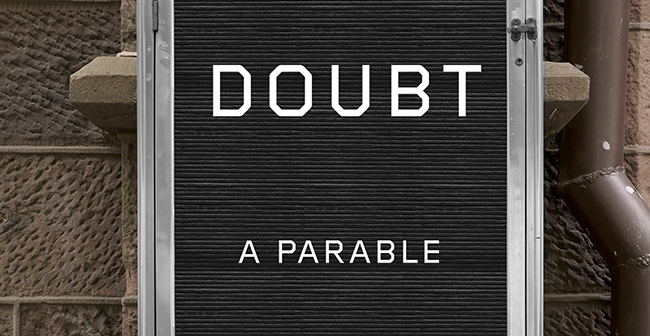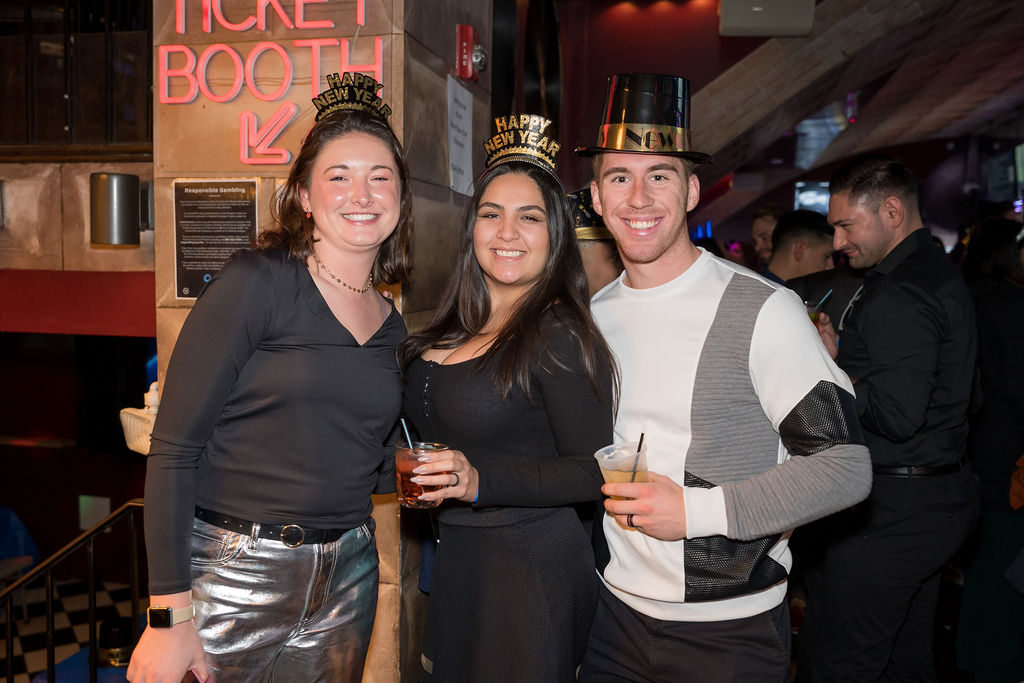Culture
 Photo: courtesy of Studio Theatre
Photo: courtesy of Studio Theatre
Unanswered Questions Remain Relevant in “Doubt: A Parable”
August 30, 2019 @ 12:00am
Where did society’s curiosity go? What happened to the doubts? These are some of the questions that playwright John Patrick Shanley asks in his 2004 Pulitzer Prize-winning drama Doubt: A Parable. Studio Theatre brings the thoughtful play to 14th Street from September 4 to October 6 with associate artistic director Matt Torney at the helm. The story centers on a 1964 Brooklyn Catholic school where a charismatic priest takes an interest in a young boy, leaving the school’s headmaster suspicious of foul play. As Studio prepares to ask the play’s many questions, we talked to Torney about this contemporary masterpiece and its jarring subject matter.
On Tap: Why did you decide this season was the right fit for Doubt?
Matt Torney: The first thing is that it’s one of the plays that seems to be many years ahead of its time. In the preface, the playwright talks about the year he’s living in [as] an age of certainty [where] everyone was very certain about what they believed and what they experienced. He wanted to know what happened to doubt, what happened to curiosity. We’re always looking for contemporary classics, and the political time we’re living in is fraught and certainty is rampant. We thought it was a great time for us to visit the play, and to see how it’s aged and how it can reengage.
OT: What specifically drew you to the play?
MT: I’m from Ireland [and] I went to a Catholic school, and the idea of what it means to be a Catholic and have that history is something personally relevant to me. This play made me feel uncomfortable and scared me a little bit, and that’s always a good sign. It got under my skin, and I had some questions I didn’t have answers to.
OT: What is your approach when directing a play with so much clout and acclaim? Does it make you want to bring your own vision more or less?
MT: My process always begins with the actors. We have to make it feel very alive. Even when you do contemporary classics, you don’t want to treat them as museum pieces. You have to make it feel vivid right now. The thing that drew me to it is that the questions felt very alive to me. The play hadn’t been answered or solved, and the questions it was built on were so relevant and poignant.
OT: One of my favorite aspects of Studio’s productions are the set pieces and the intimacy of the spaces. How are you approaching Doubt from those perspectives?
MT: Just the [set design] alone is perfect for an intimate space. You’re being invited into a private office and a private garden. It’s an enclosed world that’s opened up a crack [and] you’re able to peek into [it]. What happens behind closed doors? What are the conversations about power and faith?
OT: What would you say to people who are unfamiliar with the play? Why do you think it’s not to be missed?
MT: [At] the center of the play is an accusation against a priest. There’s not much evidence to prove it, but there’s a lot of circumstances that cause the accusers to be certain. That mystery of the play is interesting dramatically because who’s right and who’s wrong isn’t clear. There’s a huge gray area of challenging power dynamics and gender dynamics.
Doubt: A Parable runs from Wednesday, September 4 through Sunday, October 6. Times vary. Tickets $60-$80.
Studio Theatre: 1501 14th St. NW, DC; 202-332-3300; www.studiotheatre.org








